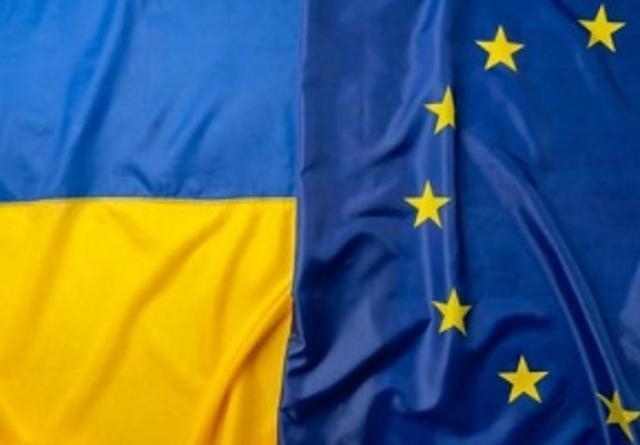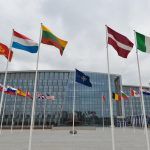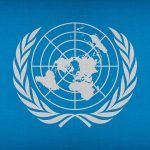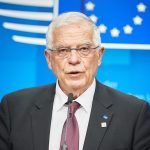As the humanitarian situation in Ukraine worsens and neighbouring countries receive Ukrainians fleeing their country, the European Commission is working on all fronts to provide emergency assistance.
EU humanitarian aid
The Commission announces an additional €90 million for emergency aid programmes to help civilians affected by the war in Ukraine, as part of an urgent aid appeal by the United Nations. The funding will help people inside Ukraine and in Moldova. This new EU humanitarian aid will provide food, water, health, shelter and help cover their basic needs.
EU Civil Protection Mechanism
The Commission is also coordinating the delivery of material assistance via the EU Civil Protection Mechanism to Ukraine, with offers from currently 20 Member States: Austria, Belgium, Croatia, Denmark, Finland, France, Germany, Greece, Italy, Ireland, Latvia, Lithuania, Malta, Poland, Romania, Slovakia, Slovenia, Spain, Sweden and the Netherlands – which includes 8 million essential medical care items and civil protection support. A first truck load from Slovenia arrived yesterday to Ukraine’s capital Kyiv.
Moldova has activated the Mechanism to support Ukrainians arriving to their country. Already Austria, France and the Netherlands offered emergency support such as shelter items and medical assistance to Moldova.
The Commission is in constant contact with other neighbouring countries of Ukraine and stands ready to provide further assistance as requested.
Commissioner for Crisis Management, Janez Lenarčič, said: “Civilians are paying the highest price of the illegal Russian military aggression on Ukraine. The war risks displacing millions of Ukrainians, leading to a sharp rise in humanitarian needs. Inside Ukraine, but also in neighbouring countries where Ukrainians seek safety. The EU stands in full solidarity with the Ukrainian people and our initial funding will allow our humanitarian partners to deliver urgently needed assistance. I urge the entire international donor community to also generously respond.”
Background
Following an invasion by Russia into Ukraine, the humanitarian needs are expected to be disastrous. The armed violence is causing widespread human suffering, civilian casualties, damage to civilian infrastructures, large-scale displacement and the exacerbation of the existing humanitarian needs stemming from years of conflict and the COVID-19 pandemic.
The EU has been supporting displaced and affected by the conflict people in eastern Ukraine since 2014. The EU has allocated more than €193 million in humanitarian aid to Ukraine since 2014 to help thousands of displaced people and residents in non-government and government controlled areas.
For more information:







Leave a Reply